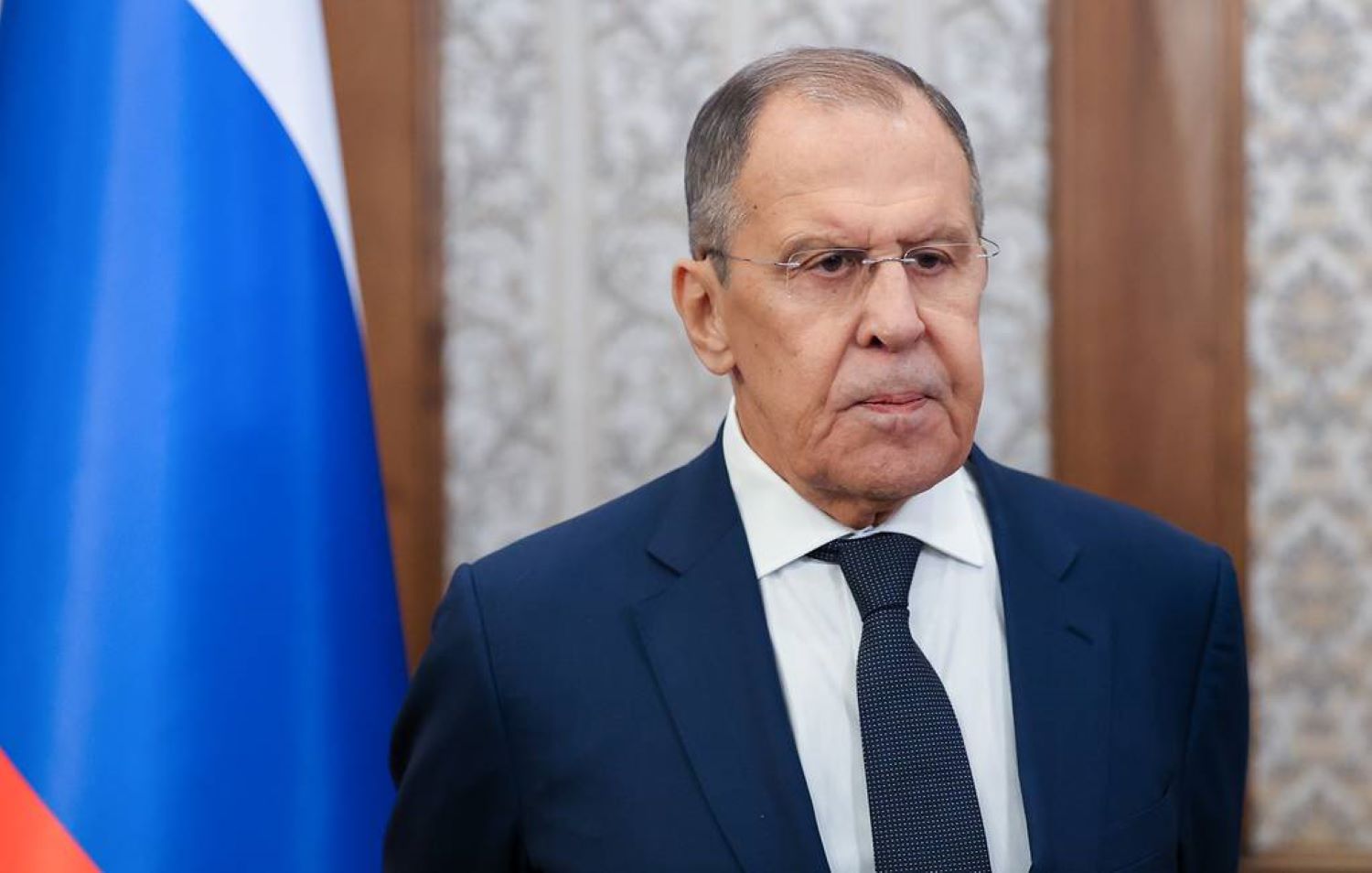MOSCOW, RUSSIA – Russian Foreign Minister Sergey Lavrov will take part in the 13th Middle East Conference of the Valdai Discussion Club to be held on February 13-14, the club told TASS.
“About 50 foreign and Russian experts and current political figures from 16 countries, including Algeria, the UK, Egypt, India, Jordan, Iran, Kuwait, Lebanon, the UAE, Pakistan, Palestine, Russia, Saudi Arabia, Syria, the US and Turkey, will take part in the Middle East conference,” the organizers said.
“Russian Foreign Minister Sergey Lavrov will be the guest of honor at the Valdai Middle East Forum,” they said.
According to the club, the 13th conference is taking place at a time when the region is under the microscope amid the escalating Palestinian-Israeli conflict.
“The task of the conference is to analyze regional trends and replenish the collection of ideas and proposals that can be used for stabilization, comprehensive settlement and creating conditions for progressive development in the Middle East,” the organizers pointed out.
Experts are likely to discuss ways to come to a comprehensive settlement in the Middle East, the legacy of colonial policy and its reverberations in the region, the Palestinian-Israeli conflict.
They are also likely to discuss the diversity of players in the Near and Middle East, the Middle East without nuclear weapons, and economic cooperation in the region.
A new report of the club “Gaza. Yemen. Epicenters of Pain. Feelings, Myths and Memory in the Middle East,” prepared for the conference, examines the interconnectedness of the Middle East crises.








